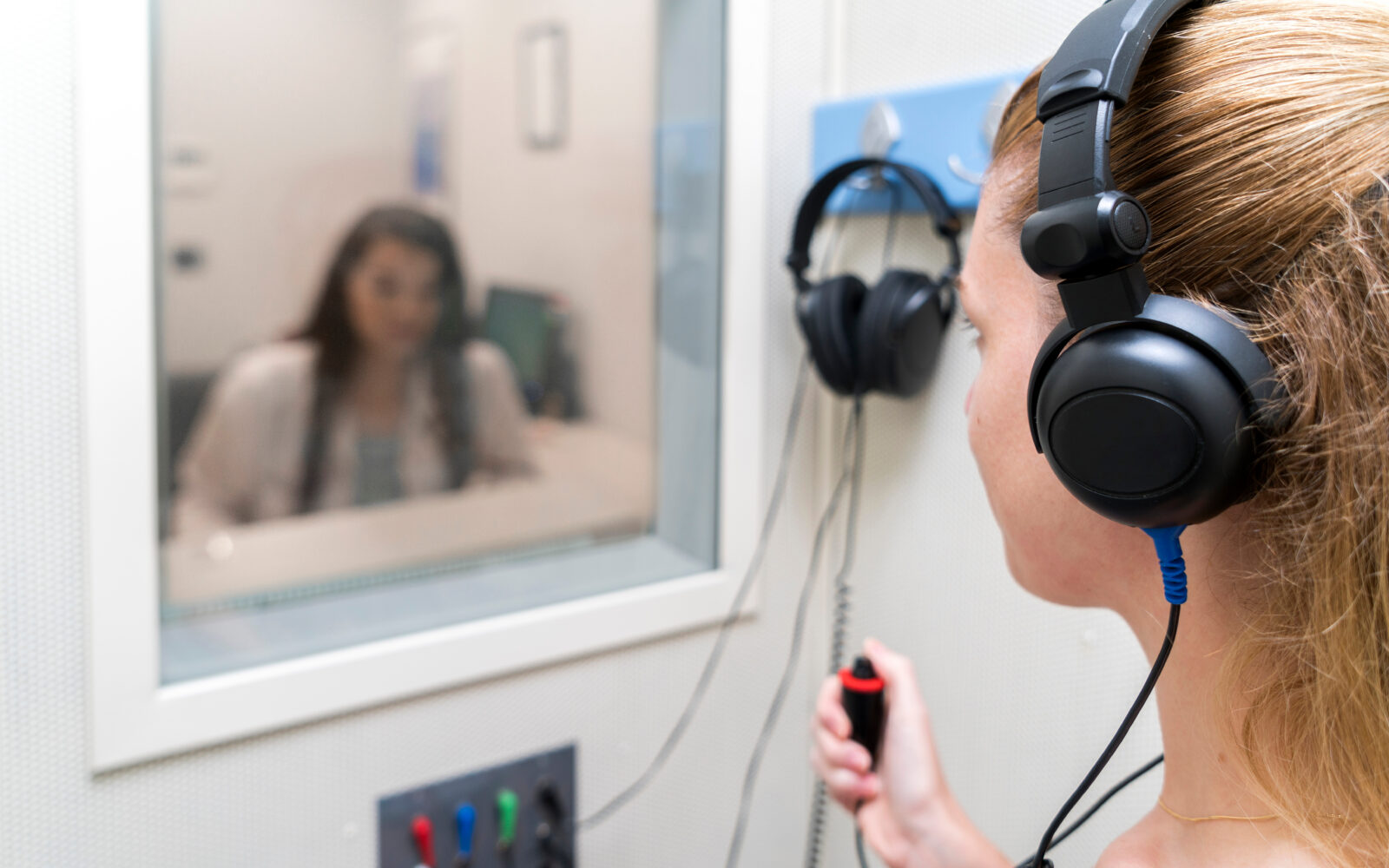Hearing Loss During the Holidays
As the weather shifts and the holiday season approaches, many of us look


As the weather shifts and the holiday season approaches, many of us look

Hearing Aids Hearing Health Hearing Tests
Hearing loss often develops gradually, making it easy to ignore the early

For more than seven decades, The Speech & Hearing Center has been a